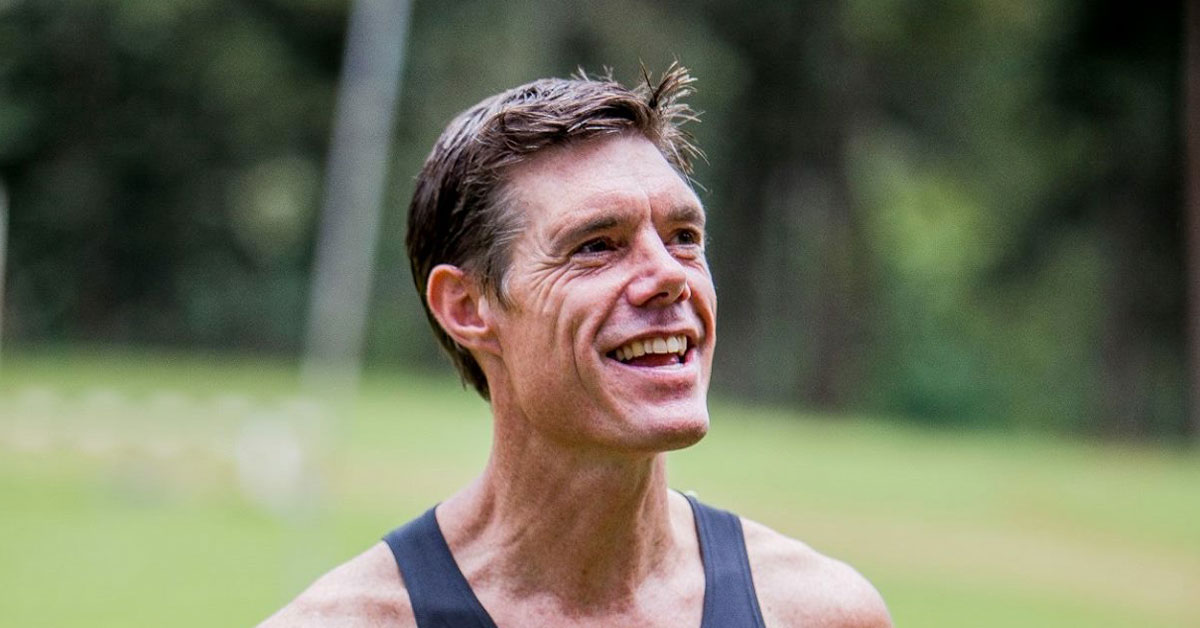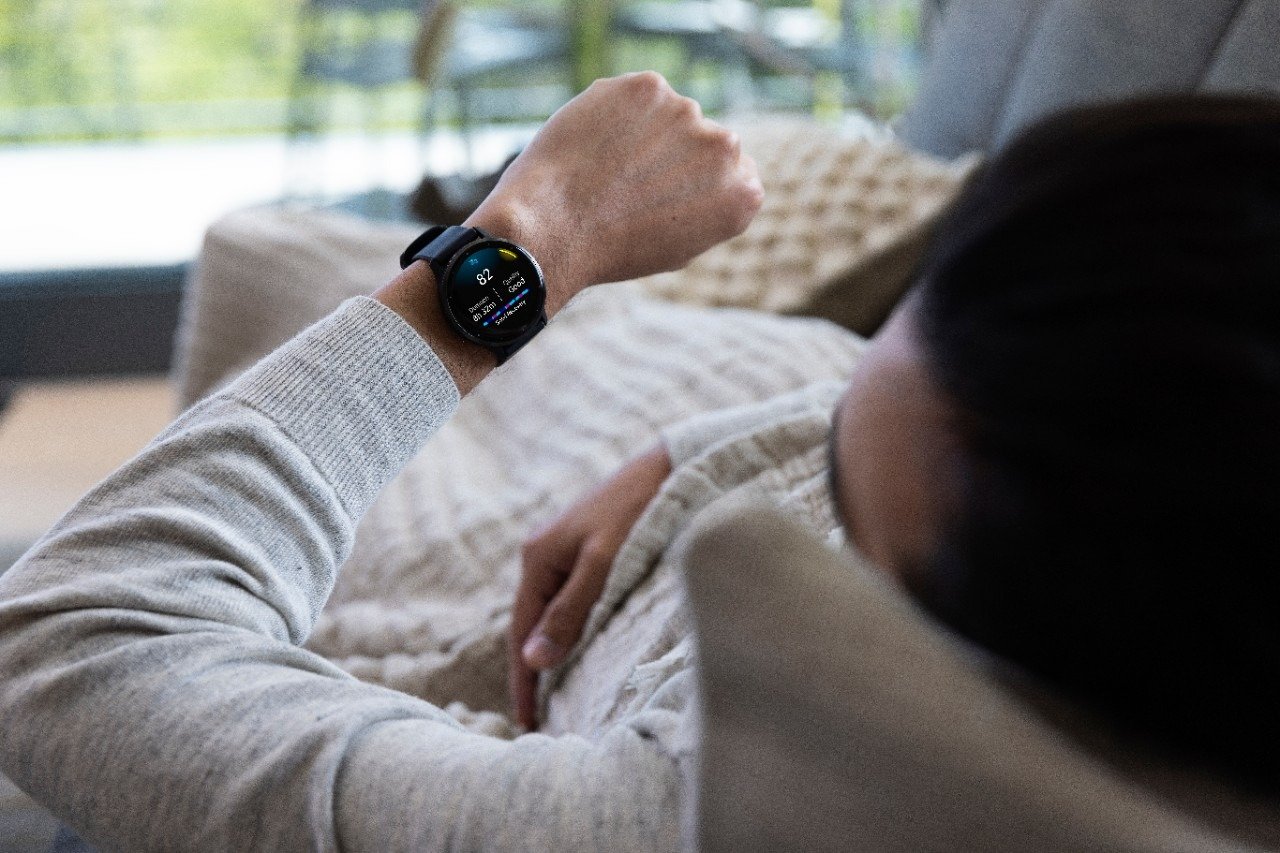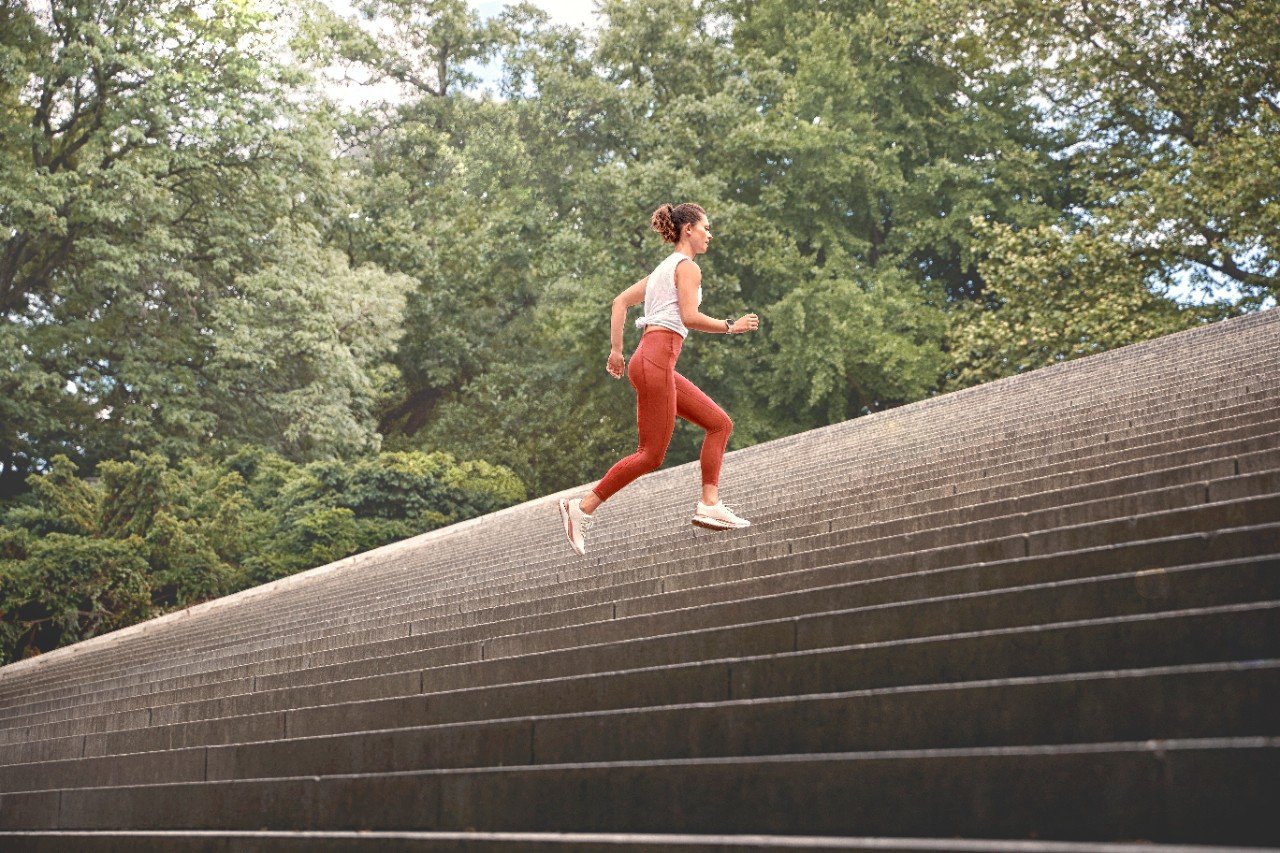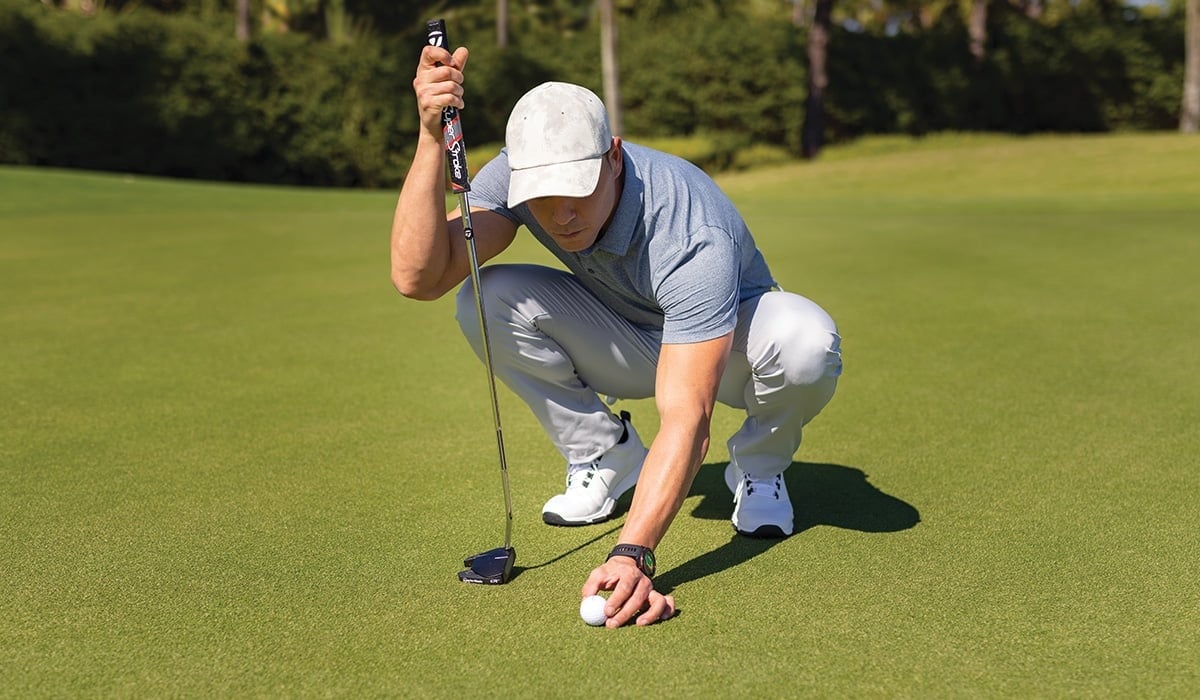
Run For : physical health.
Garmin Running Ambassador Martin Yelling discusses another reason to run. This time, he’ll be talking about running’s impact on physical health and also how to add strength training to your workouts during this time.
I’ve been running for over 40 years, since I ran my first ‘race’; aged 7. It’s taken 4 decades but I’ve come to understand just how much I value my physical health and the role that running plays within it. I sometimes think about what it would be like if I could never run again. How would this make me feel? What would I miss the most? Each time I engage with this I’m reminded of all the ‘run for’ reasons I love to run and the ways in which running shapes and benefits my physical and mental health. Sure, I’d miss it, but I wouldn’t grieve it. A little experience, some ongoing learning and a healthy perspective on running and life more widely brings you that rationality, I think.
Currently seeking and maintaining perspective is really important. This certainly isn’t straightforward in the current climate. Reflecting on perspective has triggered thoughts on running and how to approach running to maintain and enhance physical health. Do we get that integration right? Could anything be done differently? What unhealthy habits have we held onto in our running that we could let go of or replace, what have we been neglecting that deserves our attention and would benefit our running and help us take care of our physical health?
Of course, a central caveat here is that this isn’t about adding to an already complicated situation and schedule. It certainly isn’t about taking on random challenges simply to ‘stay busy’. But it is about raising self-awareness and taking positive action, even if small, subtle steps, towards stronger running in the long term.
Without doubt, the thing I personally neglect the most, the thing I think would benefit my own physical wellbeing the most, and the thing I think would do my running the world of good is purposeful, intentional, relevant and appropriate conditioning and strength work. In the current climate I’m a little confused about what this could look like. I feel constantly bombarded by the benefits of ‘fitness workouts at home’ to help me ‘get leaner, stronger and build power’ whilst juggling bags of potatoes or balancing on tins of beans on my head. Actually, what I’m interested in is how can strength training support me at the moment but also benefit my training and running in the future?
In the previous Garmin Blog, we looked at how running can support mental health and thankfully evidence suggests that strength training can similarly improve mental health. Specifically, it’s been found that lifting weights can reduce anxiety and can help ease and even prevent depression (Stulberg, 2018). This is great as it seals the circle, running is great for mental health and physical health, strength and conditioning work helps running and mental health. Seems like a sensible lockdown partnership. But wait, all the gyms are closed, social distancing is in place, and I’m seeking meaningful, functional, specific, accessible, sustainable, preventative, thoughtful and realistic strength work that brings mental and physical benefits right now and also to my running in the future.
“Today we’re fighting a different kind of battle”, says Tim Stevenson from School of Calisthenics. “One which has completely disrupted the way we train and exercise. What we need to stay fit, healthy and develop the strength that gives back control, ownership and flexibility when the four walls of the gym are taken away, is found in bodyweight training and calisthenics”. Tim says “The world we occupy is changing and the need for us to be able to train our physical health, improve mental well-being and find opportunities to play in a world we do not recognise is essential”.
Calisthenics is a form of physical training focused on teaching you to master your own bodyweight using minimal equipment. It’s also challenging, can be highly specific, can be directed at improving functional areas of whole body strength, where you’re currently weak (and believe me, after trying some of the very, very beginner stuff, that’s most things!). It’s also not a ‘lockdown fad’ but something with shelf-life, meaningful, purposeful and effectiveness in sustaining and improving running.
Looking at your broader running physical health right now, what areas could do with careful change, considered and contextually appropriate (not over-ambitious, rash and reactive) change?
You can read more about how your Garmin can help you move at home here, and also how our pre-made workouts can help with your strength training.
Check out Martin and Tim’s full conversation all about strength training and running below.
If you prefer, you can download the audio to listen to on-the-go! Download here.




